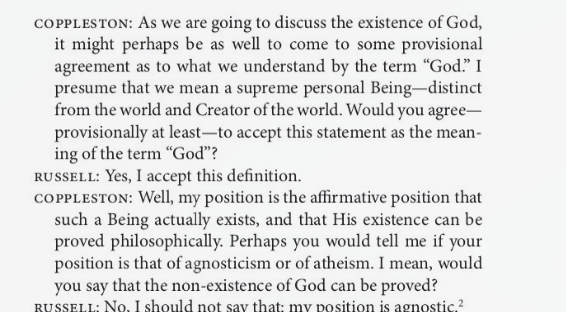What is Logic ?
- The study of rational argumentation.
- The study of the methods and principles used to distinguish correct from incorrect reasoning.
Purpose
- identify and understand the difference between good and bad arguments
Inferences
Inductive Inferences
- Reasoning from specific observations to general conclusions
- Based on probability and empirical evidence
- Conclusions are likely but not guaranteed to be true
- Example: Observing that every crow you've seen is black, concluding that all crows are black
Deductive Inferences
- Reasoning from general premises to specific conclusions
- Based on logical necessity
- If premises are true, conclusion must be true
- Example: All humans are mortal; Socrates is human; Therefore, Socrates is mortal
- Has to do with the "form" or "structure" of arguments
- Consists of:
- Categorical propositions (statements)
- Syllogism (it has Major, Minor, and Conclusion)
- Propositional Logic (it means "to propose", for example "if A then B")
- Truth tables
- Predicate Logic (it means "to say something about something", for example "A is B")
- Has to do with the content or meaning of premises in arguments.
- It's related more with figuring out fallacies in everyday reasoning.
- It includes:
- Fallacies (mistakes in reasoning)
- Rhetoric (the art of persuasion)
- Argumentation theory (the study of how arguments are constructed and evaluated)
- Critical thinking (the ability to analyze and evaluate arguments)
- Dialectic (the art of investigating or discussing the truth of opinions)
- Forms the major part of critical thinking
Articulating Disagreement

- Disagreements should be discussed properly and be articulated well enough for us to understand from proper arguments.
What is an Argument?
Good Argument
- One in which the premises gives us a "good" reason to believe in the conclusion
Building Blocks of Arguments
- Premises: Statements that provide support for the conclusion
- Conclusion: The statement that the premises are intended to support
- inferences: The logical connections between premises and conclusion
- It's foundation if laws of logic!
Evaluating Arguments
- neeed to add more exmaples of what kind of argument falls where
Laws of Thought
Law of Identity
- A is A
- Everything is identical to itself
Law of non-contradiction
- Cannot be both true and false at the same time ( like A and not A)
- Nothing can both have the property and lack property at the same time
Law of excluded middle
- Everything is either true or false
- For any particular property, everything either has it or lacks it.
